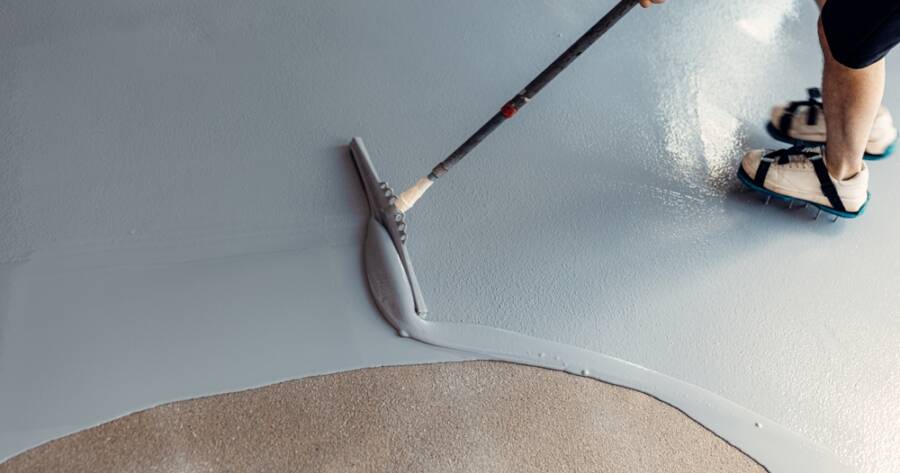Garage floor coatings provide crucial protection and aesthetic improvements for concrete surfaces, enhancing durability against chemicals and wear. From long-lasting epoxy to UV-resistant polyurethane and rapidly curing polyurea, each type offers unique benefits. While installation challenges exist, informed choices can boost garage value and meet personal style demands effectively.
The Advantages of Garage Floor Coatings
Garage floor coatings are an essential element in protecting and enhancing the appearance of concrete surfaces. These coatings can add significant value to a garage by shielding it from chemicals, oils, and impacts, while also offering aesthetic and safety enhancements. The improved aesthetics come from customizable colors and finishes, which can match personal style preferences, while anti-slip additives enhance overall safety for the garage space.
Among the numerous types of coatings available, epoxy options stand out due to their durability and longevity. Epoxy coatings are highly resistant to wear, tear, peels, cracks, and certain chemical damage, and with proper maintenance, can last over 20 years. This durability makes them suitable for high-traffic areas that require robust protection and a lifespan that greatly exceeds typical expectations.
Beyond epoxy, both polyurethane and polyurea coatings offer their unique advantages. Polyurethane coatings are particularly beneficial for garages exposed to sunlight, thanks to their UV resistance and flexibility. Despite the longer curing process, they maintain color over time, ensuring a stable aesthetic appearance long-term. Polyurea coatings, on the other hand, cure rapidly and provide extreme durability, making them ideal for environments that demand strong chemical and UV resistance.
Challenges Associated with Garage Floor Coatings
While garage floor coatings offer many benefits, there are also challenges associated with their installation and maintenance. Epoxy floors require meticulous surface preparation and specific environmental conditions, such as controlled humidity, to achieve successful application. This complexity often necessitates professional installation due to the demanding nature of the process.
Another downside is the potential for long curing times. Epoxy and polyurethane coatings can take several days to a week to cure, which may not be convenient for those who need rapid access to their garage. Additionally, improper installation or environmental factors can lead to issues such as cracking or peeling over time due to temperature variations and moisture exposure.
The upfront costs associated with these coatings are typically higher compared to other options like concrete polishing, due to the need for specialized materials and labor-intensive installation processes. While these initial expenditures can be off-putting for budget-conscious homeowners, the long-term benefits often outweigh the costs, given the enhanced durability and potential property value increase.
Other Garage Floor Coating Options
Aside from epoxy, polyurethane, and polyurea, homeowners can consider alternative solutions such as acrylic sealers and concrete stains. Acrylic sealers are more cost-effective but may require frequent reapplication to maintain their protective qualities, making them more suitable for garages that experience lighter use and face fewer heavy impacts.
Concrete stains and sealers provide an aesthetic enhancement to garage floors without offering the same level of protection as other coatings. Although this option is budget-friendly and can significantly improve the look of a garage, it is best suited for spaces that do not see heavy use, as it requires periodic reapplication to sustain its visual appeal over the years.
Choosing the Right Coating for Your Needs
Selecting the appropriate garage floor coating requires a thorough understanding of factors such as garage use, climate, condition of the current floor, and personal preferences. Each type of coating brings its unique set of advantages and challenges. For example, those seeking low maintenance and high durability might opt for an epoxy coating, while those requiring UV resistance could find polyurethane to be more suitable for their needs.
Aesthetics also play a role in decision-making, as each coating type offers different customization options, from solid colors and high-gloss finishes to intricate patterns and metallic appearances. Ensuring the choice aligns with both functional requirements and design preferences is crucial in achieving a satisfactory garage floor solution.
Why You Should Learn More About Garage Floor Coatings Today
Understanding the advantages and disadvantages of garage floor coatings can significantly impact your property value and garage utility. By investigating various coating types, such as epoxy, polyurethane, and polyurea, individuals can make informed decisions that balance durability, aesthetics, and cost-effectiveness.
Additionally, considerations such as environmental exposure, traffic levels, and personal style preferences play vital roles in these decisions. As with any home improvement project, weighing the practical benefits against potential drawbacks ensures a well-rounded approach to selecting the best option for a safe and visually appealing garage. No matter what choice is made, exploring these attributes empowers homeowners to enhance their garage spaces efficiently.

